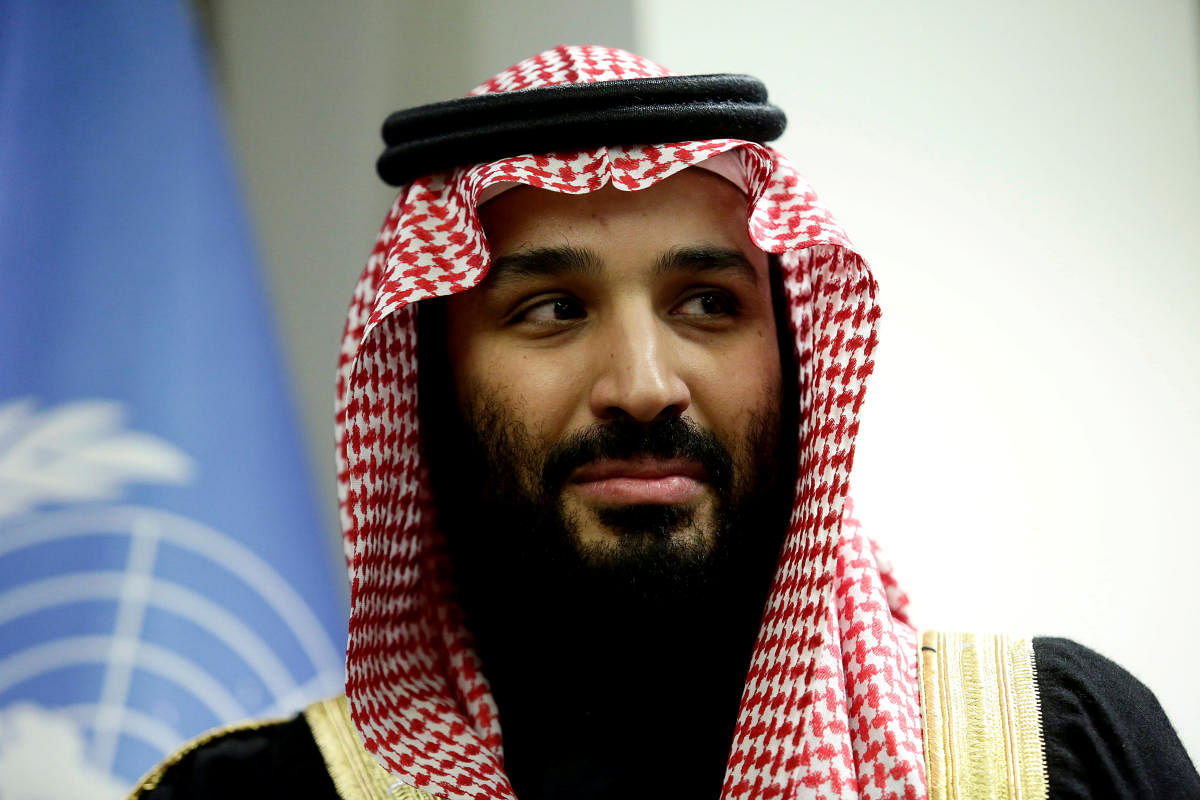
Al-Qaeda in the Arabian Peninsula has warned Saudi Arabia's reformist Crown Prince Mohammed bin Salman over his "sinful projects", in a bulletin released today.
Prince Mohammed has spearheaded a string of policy changes in ultraconservative Saudi Arabia, including reinstating cinemas and allowing women to drive.
"The new era of Bin Salman replaced mosques with movie theatres," the Yemen-based jihadist group said in its Madad news bulletin, picked up by the SITE Intelligence Group.
He "substituted books that belonged to the imams... with absurdities of the atheists and secularists from the east and the west and opened the door wide for corruption and moral degradation," it said.
The Sunni jihadist group AQAP has flourished amid a complex war in Yemen, where Saudi Arabia heads a military alliance battling Shiite Huthi rebels.
In its statement, AQAP slammed April's WWE Royal Rumble event in the Saudi coastal city of Jeddah, near the Islam's most holy sites in Mecca.
"(Foreign) disbelieving wrestlers exposed their privates and on most of them was the sign of the cross, in front of a mixed gathering of young Muslim men and women," it said.
"The corruptors did not stop at that, for every night musical concerts are being announced, as well as movies and circus shows," SITE quoted it as saying.
AQAP in southern Yemen is the target of a long-running drone campaign by the United States, which regards it as the most dangerous branch of the extremist group.
Yemen's conflict has left nearly 10,000 people dead, tens of thousands wounded, and millions on the brink of famine.
The United Nations has called Yemen world's worst humanitarian crisis.
Saudi Arabia and its allies intervened in the war between Yemen's Huthi rebels and the government of now-exiled President Abedrabbo Mansour Hadi in 2015.
They have landed on a United Nations blacklist over the killing and maiming of children.
The Huthi rebels, linked to Iran, have also come under fire for neglecting to protect civilians and targeting the press and minorities.
The rebels have controlled the capital Sanaa since 2014.